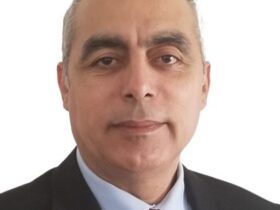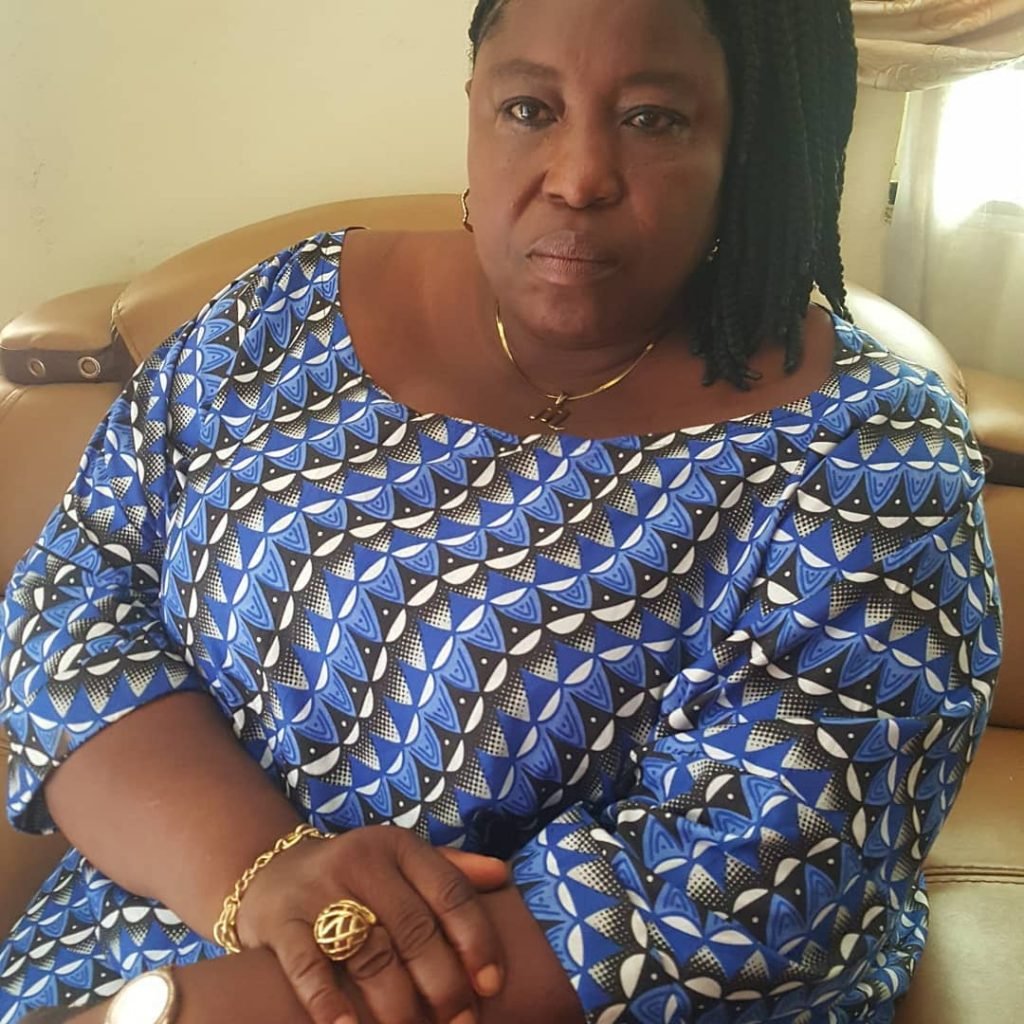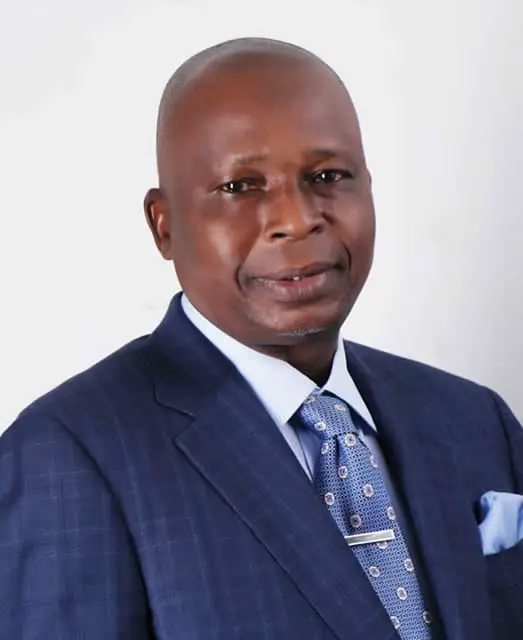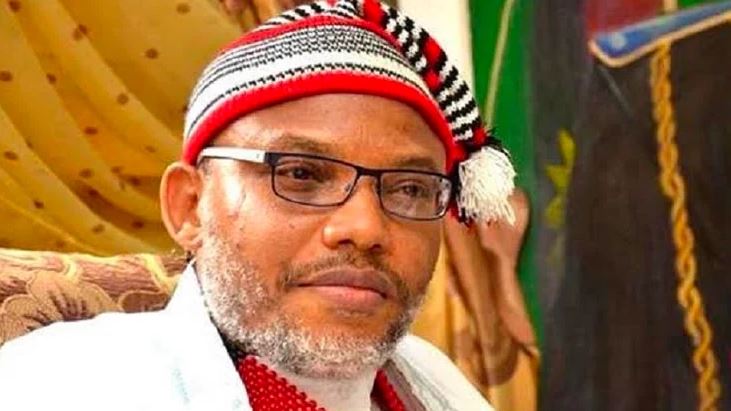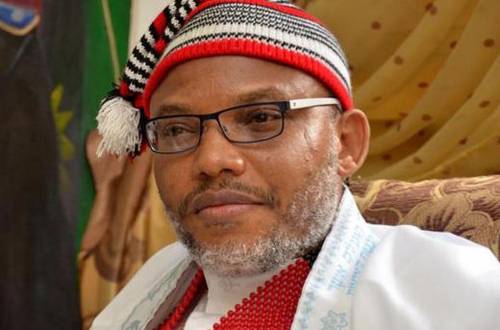3-5% for host communities an invitation to anarchy — Ikponmwen
…IOCs laud NASS for passing PIB
…Experts spot 18 downside
By Akpan Udeme, Joseph Erunke, Ozioruva Aliu & Obas Esiedesa
YOUTHS in Niger Delta have rejected the provision of the three per cent equity stake in the Host Community Trust in the just-passed controversial Petroleum Industry Bill, PIB, to host communities, saying it is unacceptable.
The youths under the aegis of Niger Delta Youth Council, NDYC, are insisting that the ceding of only a three per cent equity stake to the oil and gas producing communities is unacceptable.
NDYC in a statement by its National Coordinator, Jator Abido, and Director for International Affairs, Collins Achakpekri, said: “We reject the three per cent to host communities and 30 per cent per cent of the profit generated by the proposed Nigerian National Petroleum Company Limited for the exploration of oil in ‘frontier basins’ as stipulated in the PIB. We demand 10 per cent for host communities and five per cent for impact communities.
“The three per cent allocated to host communities as an equity stake in the Host Community Trust is grossly inadequate. Prior to the passage, many stakeholders appealed to the National Assembly to allocate five per cent profit to the host communities.
“The earlier five per cent canvassed for was rejected to be poor. Cutting it down to three percent is unimaginable and unacceptable. Communities, which own these resources and suffer the devastation of oil exploration and exploitation, deserve a better deal than three per cent.
“It is our belief that the members of the National Assembly got it wrong at a point but should revisit the issue and make necessary adjustments. Should the National Assembly fails to do the needful, we call on President Muhammadu Buhari, who has proven to be passionate about Niger Delta issues to insist that the three percent is reviewed to 10 per cent before signing the bill into law.”
3-5% for host communities, an invitation to anarchy — Ikponmwen
Meanwhile, Ikponmwen, who addressed newsmen in Benin City, Edo State, yesterday, said: “The idea of three percent or five percent proposed as a benefit for host communities from oil proceeds while 30 per cent is embarked for exploration of oil in the northern part of the country clearly reveals arrogance, insensibility, disdain on part of the proponents of the PIB.
“Deeply examined, it is an open invitation to anarchy. This move cannot be acceptable to those who have borne the brunt of oil exploration and exploitation of oil and gas in Niger Delta, the President must be enjoined to reject the bill and have same returned to the National Assembly.”
He supported the position of the governors of southern Nigeria that the presidency should be ceded to the south in 2023.
He said: “Even a casual reflection of those who have been presidents of Nigeria since inception and particularly since returning to civil democracy would reveal that the president, come 2023, should be from the southern part of Nigeria.
“This demand/ agitation is not only based on the need for equitable sharing of power within a democratic setting but also aggravated by the lopsided sharing of executive offices in the last six years of the current government, where practically all strategic positions have gone to people of a particular area and religious beliefs contrary to the tenets of democracy and the federal character provisions of our constitution.
“On ending open grazing as canvassed by the governors, this measure will pave way for better animal husbandry, it would increase, in the long run, both food and animal breeding and indeed provide a lasting solution to the unending clash between farmers and herdsmen.
He cautioned the country’s security agencies to stop harassing Nigerians in the guise of arresting suspects, singling out the attack on the residence of Yoruba nation agitator, Sunday Adeyemo aka Igboho and backed the governors’ position that before such operations are carried out in their states, they should be informed.
IOCs laud NASS for passing PIB
International Oil Companies, IOCs, operating in Nigeria have commended the National Assembly for passing the PIB, after almost two decades of trying.
Chair, Shell Companies in Nigeria and Managing Director, Shell Petroleum Development Company of Nigeria, Mr Osagie Okunbor said: “We tried to hold them responsible during the Nigeria Petroleum summit and we are happy to hear that the bill has been passed.
“We want to believe that the harmonised bill will meet the demands and expectations of the industry. Protecting the infrastructure is key. If we get the bill right and incentivise the host communities, we will all be better for it,” he added.
On his part, Managing Director, TotalEnergies Plc, Mike Sangster, said: “Navigating to pass the PIB by the National Assembly is a great one and both the Federal Government and the Assembly deserve commendation.
“We look forward to the harmonisation of the bill and we hope to see a working document that will enhance the sector.
“The collaboration between the executive and the legislature is very important for the desire to have a bill that will work for the country.”
READ ALSO: Oil companies’ leaders laud NASS for passing PIB
Also speaking, Chairman and Managing Director, Chevron Nigeria Limited, CNL, Mr Rick Kennedy, said: “We are looking forward to seeing the final version, which we believe will enhance operations in the sector.
“Chevron supports global efforts to reduce carbon emissions and is actively investing in operations to improve environmental performance while also working with industry to develop new innovative technology and best practices to achieve these objectives.”
Experts, others spot 18 downs
Experts and other stakeholders have spotted 18 downsides and 11 upsides for consideration.
For instance, in her submission, Victoria Ibezim-Ohaeri, Executive Director, Spaces for Change, a non-governmental organisation, identified the downsides to include the excess power of the Minister of Petroleum Resources, who doubles as the president of the nation; lack of provision for monitoring of Midstream Gas Infrastructure Fund investments and continuous gas flaring permitted in the PIB.
She said: “No provision for the President not to appoint himself as the Petroleum Minister.
“Overriding power vested in the minister to regulate, revoke and assign interests in petroleum prospecting licences and petroleum mining leases.
“No provisions for the monitoring of Midstream Gas Infrastructure Fund investments.
“Provision of 10 per cent on Oil Prospecting License, OPL;10 per cent rent on Oil Mining Lease, OML and 30 per cent of NNPC Limited’s profit for oil and gas for Frontier Exploration Fund for the development of frontier acreages
“Allows for continuous flaring of gas, which will lead to continuous devastation of the local environment.
“Commission or authority to approve environmental management plan instead of the Federal Ministry of Environment (FMEnv) as prescribed by the EIA Act.
“Commission or authority to call for adjustment of the environmental management plan approved by FMEnv. among others.
Similarly, a Port Harcourt-based energy analyst, Dr Bala Zaka, said: “The PIB is dead on arrival because it has taken a very long time for the nation to produce it. Many foreign companies that waited for it have gone to invest in other countries, including Angola, Ghana and some East African economies.”

